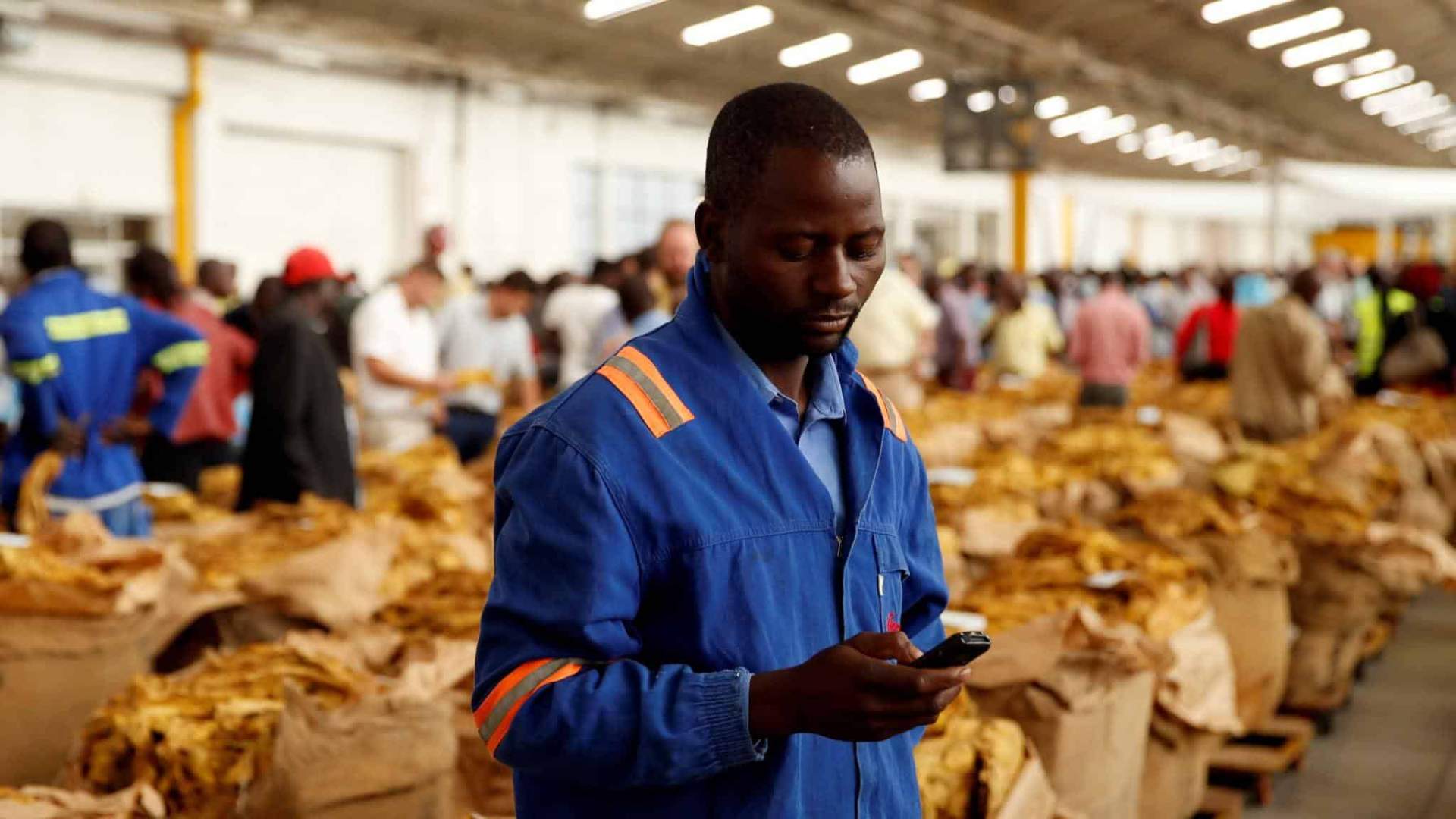Huawei's deep roots put Africa beyond reach of US crackdown

As the U.S. lobbies for countries around the world to keep Huawei Technologies out of their telecommunications networks, the Chinese giant has established a seemingly irreversible foothold in Africa, a market of 1.3 billion people.
African presenters featured prominently in an online event held by Huawei in late July, including South African Communications and Digital Technologies Minister Stella Ndabeni-Abrahams, who stressed the growing importance of a digital shift amid the coronavirus pandemic.
"We have worked again with the industry to say all those that are big companies, like the Huawei, and everybody that is involved in the device manufacturing, they had to come together and say what interventions, what software solutions we can provide to the people of South Africa as the way of contributing towards COVID-19," Ndabeni-Abrahams said.
Washington has cracked down heavily on Chinese tech companies including Huawei. In its latest move Thursday, it barred businesses that use goods or services from five Chinese companies from bidding for federal contracts, citing security concerns. But its sanctions look unlikely to make much difference in a region where few companies do business with the U.S. government.
Safaricom, Kenya's largest wireless carrier, is among the companies considering employing Huawei gear in fifth-generation wireless infrastructure. In February, then-acting CEO Michael Joseph told Reuters that the company "will use Huawei in 5G."
"What will we do in terms of the American statements about not using Huawei? We don't have that situation in Africa," Joseph said.
South African wireless carrier Rain announced in July that it had launched the continent's first stand-alone 5G network, featuring Huawei equipment.
Roughly 70% of 4G base stations in Africa are made by Huawei, and pivoting away from the company in the transition to 5G is unrealistic, according to Arthur Goldstuck, head of South Africa-based research firm World Wide Worx. European countries have the option of turning to suppliers based in the region, particularly Nokia and Ericsson, but they are costlier than Huawei.
Other Chinese companies hit by the American regulations have made inroads in Africa as well. Huawei peer ZTE, in partnership with local carrier MTN, announced this January that they had launched 5G service on a trial basis in Uganda.
Surveillance cameras from Hikvision, which boasts advanced facial recognition technology, are widely used in countries including South Africa, Senegal and Kenya.
Chinese technology has been employed by African governments to spy on citizens. The Wall Street Journal reported last year that Huawei technicians helped the governments of Uganda and Zambia intercept communications of political opponents.
Chinese investment in Africa has given a boost to adoption of Chinese products in the region. A government data center in Cameroon completed in July was funded by the state-controlled Export-Import Bank of China and equipped with Huawei gear.
The stock of Chinese foreign direct investment in Africa reached $46 billion in 2018, data from the United Nations Conference on Trade and Development shows. China is the largest trading partner of many African countries, including South Africa, and is a major provider of infrastructure funding, giving Beijing avenues to expand its influence in the region.
Photo: A tobacco farmer checks his mobile phone at a market in Harare, Zimbabwe. © Reuters




